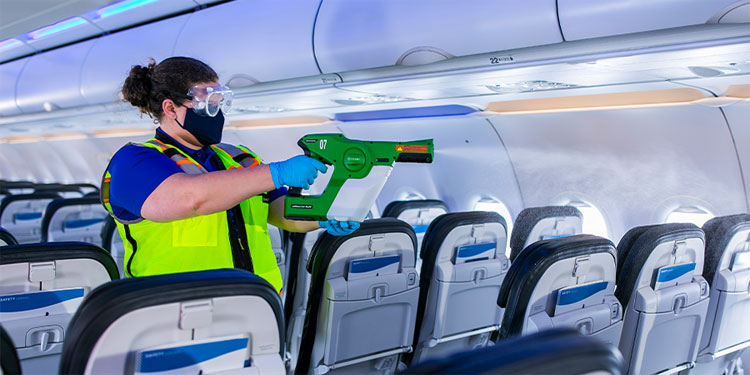INDIAN ARMED FORCES CHIEFS ON OUR RELENTLESS AND FOCUSED PUBLISHING EFFORTS

The insightful articles, inspiring narrations and analytical perspectives presented by the Editorial Team, establish an alluring connect with the reader. My compliments and best wishes to SP Guide Publications.

"Over the past 60 years, the growth of SP Guide Publications has mirrored the rising stature of Indian Navy. Its well-researched and informative magazines on Defence and Aerospace sector have served to shape an educated opinion of our military personnel, policy makers and the public alike. I wish SP's Publication team continued success, fair winds and following seas in all future endeavour!"

Since, its inception in 1964, SP Guide Publications has consistently demonstrated commitment to high-quality journalism in the aerospace and defence sectors, earning a well-deserved reputation as Asia's largest media house in this domain. I wish SP Guide Publications continued success in its pursuit of excellence.
- Indian Air Force Aims for Full Indigenous Inventory by 2047 — Air Chief Marshal A.P. Singh
- Rajnath Singh assumes charge as Defence Minister for the second consecutive term
- Interim Defence Budget 2024-25 — An Analysis
- Union Defence budget 2024
- Prime Minister Modi Flies in the LCA Tejas
- New Chapter in India-Italy Defence Ties
- Airpower beyond Boundaries
FIA Connect

Consumer Confidence Crucial for post COVID-19 recovery

Consumer confidence was stressed as another key to relaunching travel. To tackle the unprecedented passenger drop-off, the government and industry officials stressed to collaborate on technology, cleanliness, and other means to reduce health risks, increase passenger confidence, and facilitate the return of travel.
“By June, airlines globally had cut back their capacity by 75 to 85 percent, a huge proportion. The impact of the COVID-19 pandemic on our aviation ecosystem has been unprecedented and dramatic. Now the industry has to prepare to facilitate the recovery,” said David Stewart, partner Oliver Wyman (consultancy firm) adding that the industry needs to understand what drives consumer confidence.
Jack Goodwin, Deputy Director, restart, recovery, and engagement unit for the UK Department for Transport added that confidence and communications would be the key in driving travellers back. “The industry must overcome issues such as insurance for COVID and unexpected cancellations. Recognising the importance of aviation to the UK GDP, the government should endeavor to lift quarantines from various countries to gradually open travel without mandatory self-quarantines. Consumers must be reassured that travel is safe again,” Goodwin said.
He informed that the surveys conducted by his consultancy revealed passengers pointed to government regulation and restrictions as the biggest factor in decisions to travel and airline cleanliness was a top-three factor in passenger decision-making. Passengers further rated the airport environment as equally important in their travel decisions. Steward also added that 75 percent of business travelers expressed a willingness to return to travel in the future as much as or more than they had pre-COVID.
Jack Goodwin, Deputy Director, restart, recovery, and engagement unit for the UK Department for Transport added that confidence and communications would be key in driving travellers back. “The industry must overcome issues such as insurance for COVID and unexpected cancellations. Recognising the importance of aviation to the UK GDP, the government should endeavor to lift quarantines from various countries to gradually open travel without mandatory self-quarantines. Consumers must be reassured that travel is safe again,” Goodwin said.

“To provide that reassurance, industry leaders have begun collaborating on a multi-layered approach that looks at the travel experience from beginning to end, the airplane and airport environments, and protection with the acknowledgment of the possibility of passengers who may be carrying the virus,” said Mike Delaney, Vice President, Confident Travel Initiative Leader for Boeing Commercial Airplanes.
Airlines and airports have concentrated on cleanliness and measures to enable passengers to fly again but focus must also center on preparing for an increase of traffic as passengers return and ‘hardened systems’.
Such systems must provide an equivalent level of safety as measures taken on the ground, even if they take into account other approaches. While basic social distancing might be helpful on the ground, it is not a practical solution in the air. But, stressing the belief that aviation remains the safest form of transportation, he said other measures are effective, from the air filtration system to the use of masks, anti-microbial coatings, aircraft geometry, and operational systems, Delaney said.





